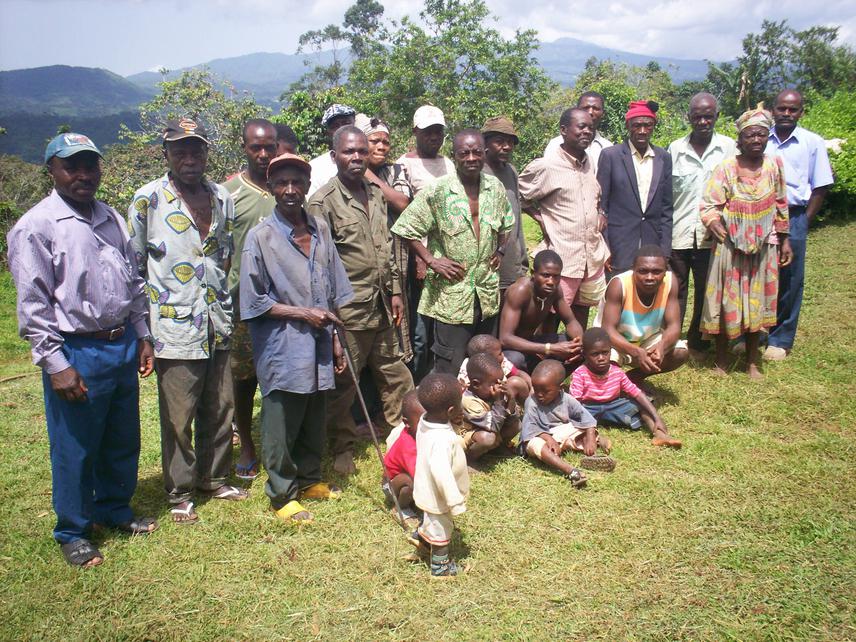Dominic Alekeh Ngwessee
Other projects
31 Jan 2008
Support to the Sustainable Community Management of the Banyang-Mbo Wildlife Sanctuary in Cameroon I
To Intensify Environmental Conservation Education campaign programme adapted to the Sanctuary area and To build capacities of 7 Clan forest councils to enforce biodiversity conservation culture

This is to implement the outcomes of the first project funded in 2007.
As per the background, the Wildlife Conservation Society (WCS) working with Nature Cameroon, other partners and the local communities have identified the following as major threats to the long term sustainable management of the sanctuary.
Over hunting for bush meat (especially the endangered wildlife species of elephants, buffalos, drills, chimpanzees, water chevrotain, crocodiles etc) and
Unsustainable harvesting of non- timber forest products by the frontline communities around the sanctuary. This project will contribute to:
-More conservation awareness created n the communities and schools
-A biodiversity conservation culture enforced
-Security for a healthy generation in terms of resources that provide a source of livelihood ensured
-Capacities of communities built in sustainable natural resources management
-Trained future environmental leaders will emerge.
-Schools will play a key role in reversing Environmental degradation by setting up tree nurseries in schools; carrying out afforestation
-Forming/Strengthening existing conservation education clubs in schools
-An integrated conservation and empowerment model developed and adopted
Outcomes:
The project intends to increase/improve on the capacity and skills of stakeholders (especially community users groups, exploiters, local administration, elected councillors/members of parliament and traditional authorities) on sustainable exploitation and management of natural resources (particularly timber, NTFP and wildlife including bush meat).
It also intends to building capacities of all stakeholders in policy development and implementation, especially skills and techniques in sustainable resource management and exploitation. And finally, it will enhance transparency in resource revenue management by increasing participation of stakeholders in decision making on revenue allocation from natural resources (forest, timber & NTFPs, and wildlife –Bush meat) through information sharing and awareness education. In this way the local Inhabitants will no longer see themselves as passive stakeholders but exercise active participation as expected in the 1994 Forestry Law.